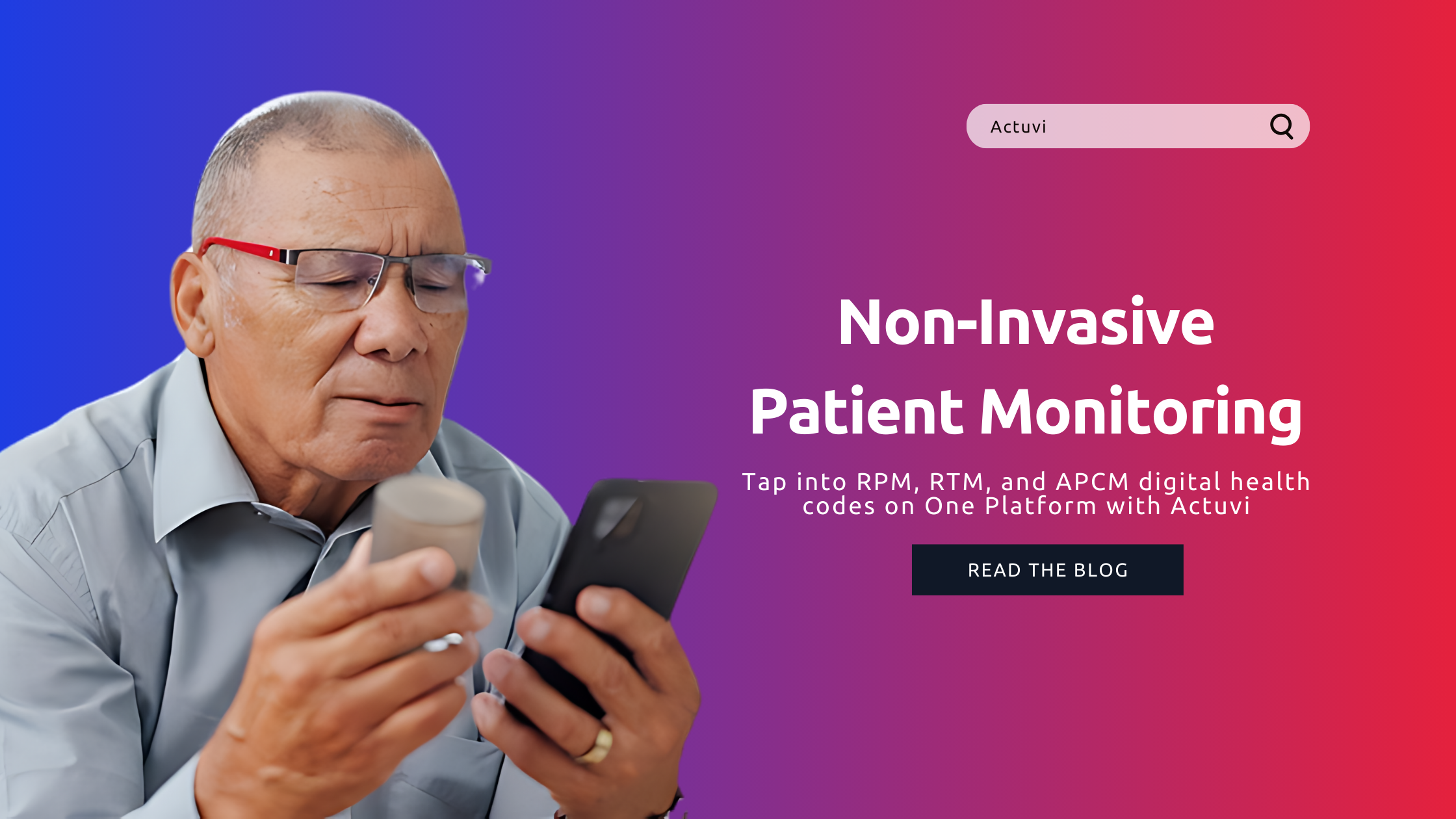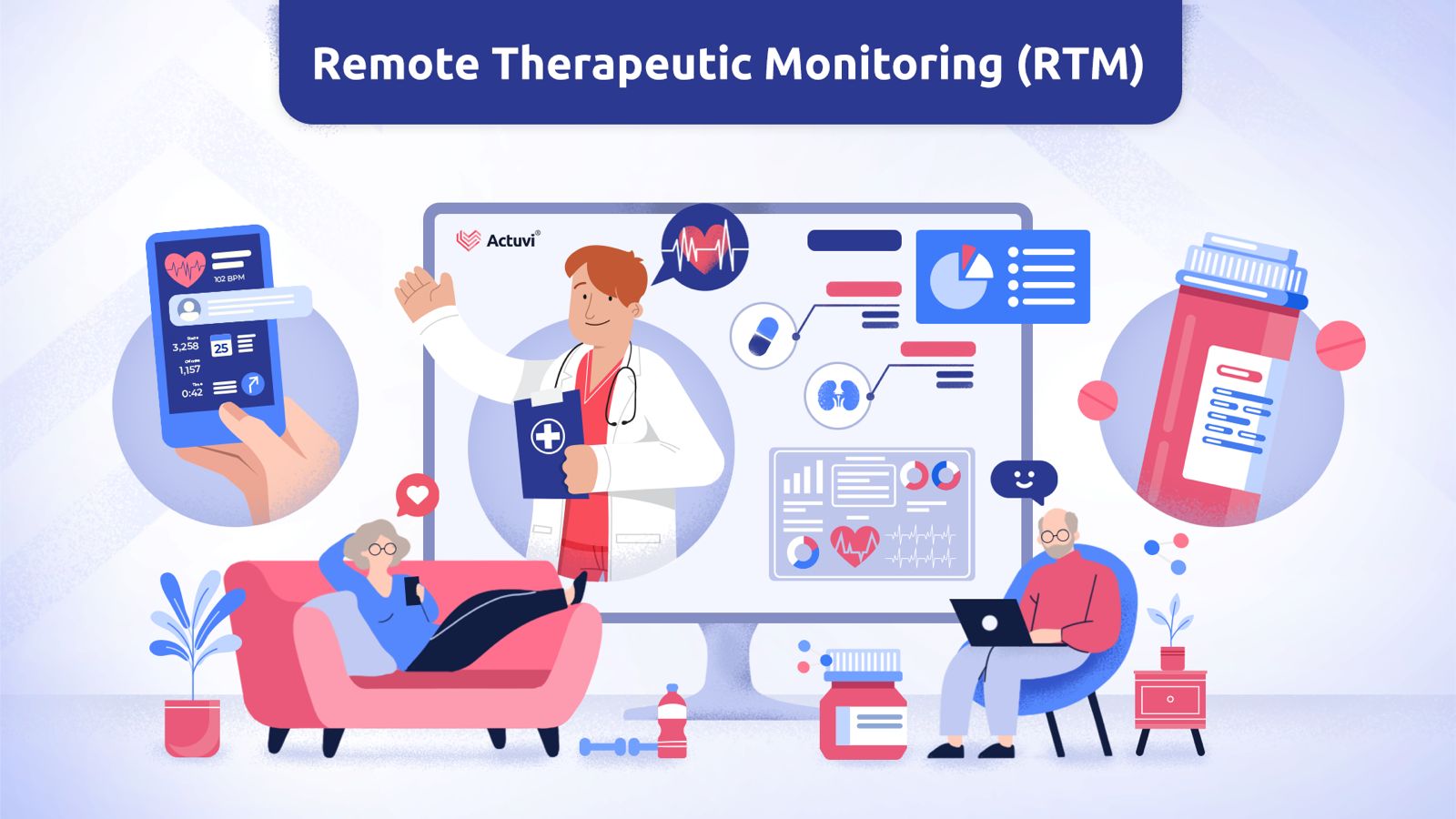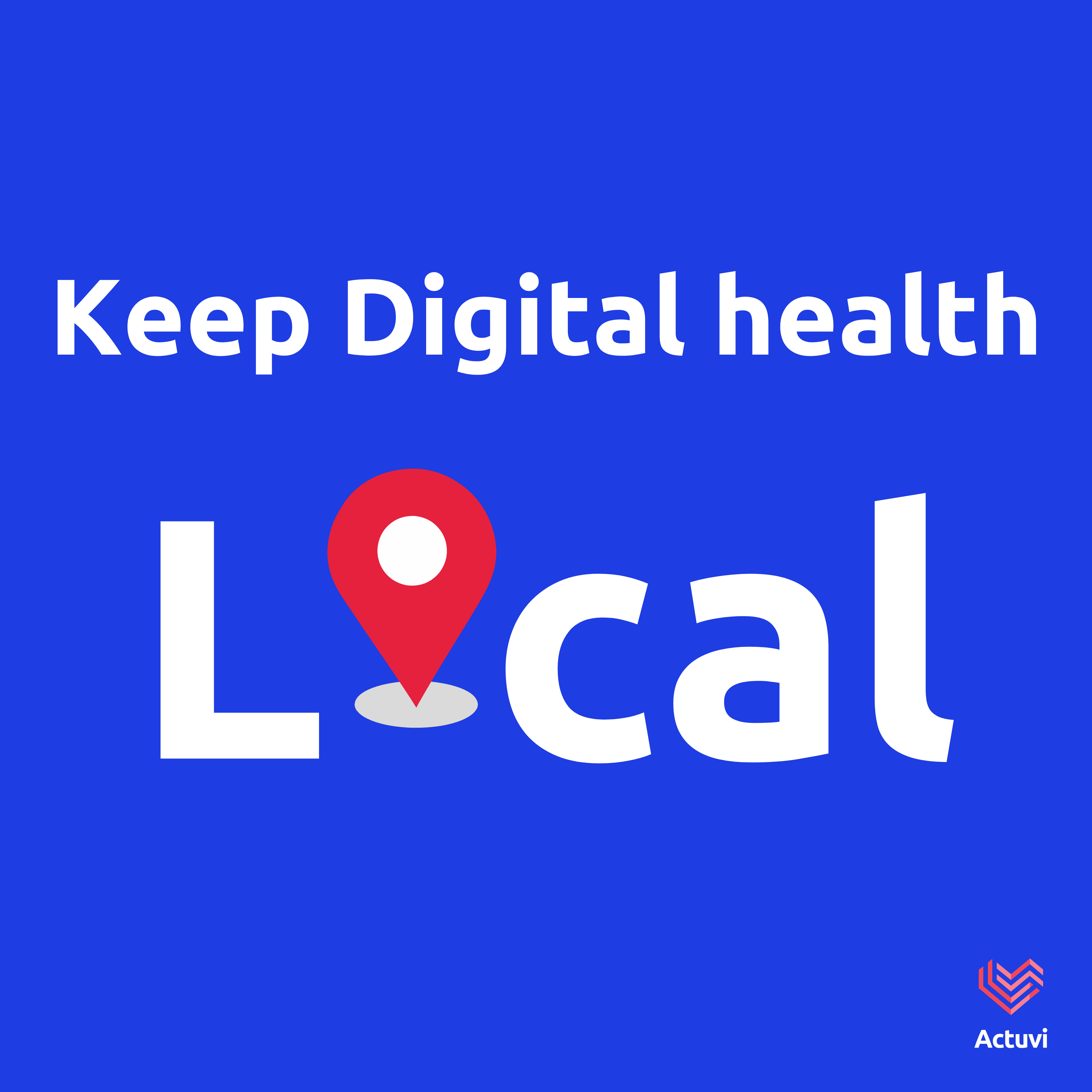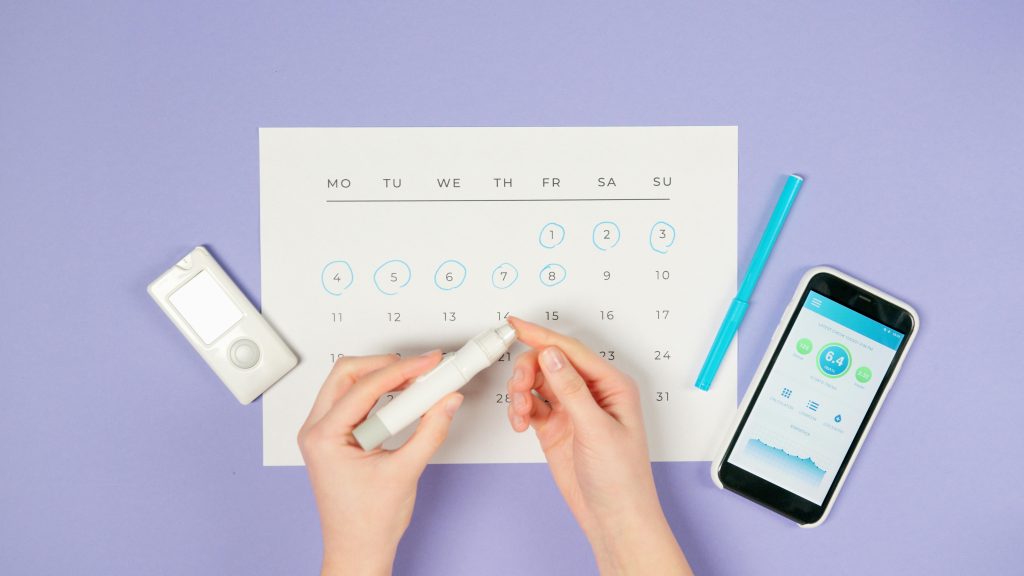
Table of Contents
Phones and smartwatches do more than keep you connected—they monitor your health nonstop. Don’t let that sentence freak you out! It’s not 1984 yet. It’s the world of digital biomarkers, and we invite you to take a peek inside.
What Are Digital Biomarkers?
Digital biomarkers are health indicators measured by everyday devices. When your fitness tracker monitors your sleep patterns, that’s a digital biomarker. When an app analyzes your voice for signs of stress, that’s a digital biomarker. You get the gist.
These tools provide a continuous stream of health data, offering insights that were once only available through periodic doctor visits.
A Field on the Rise
The use of digital biomarkers in healthcare is growing at an enormous pace. In 2023, the market size stood at $2.49 billion!
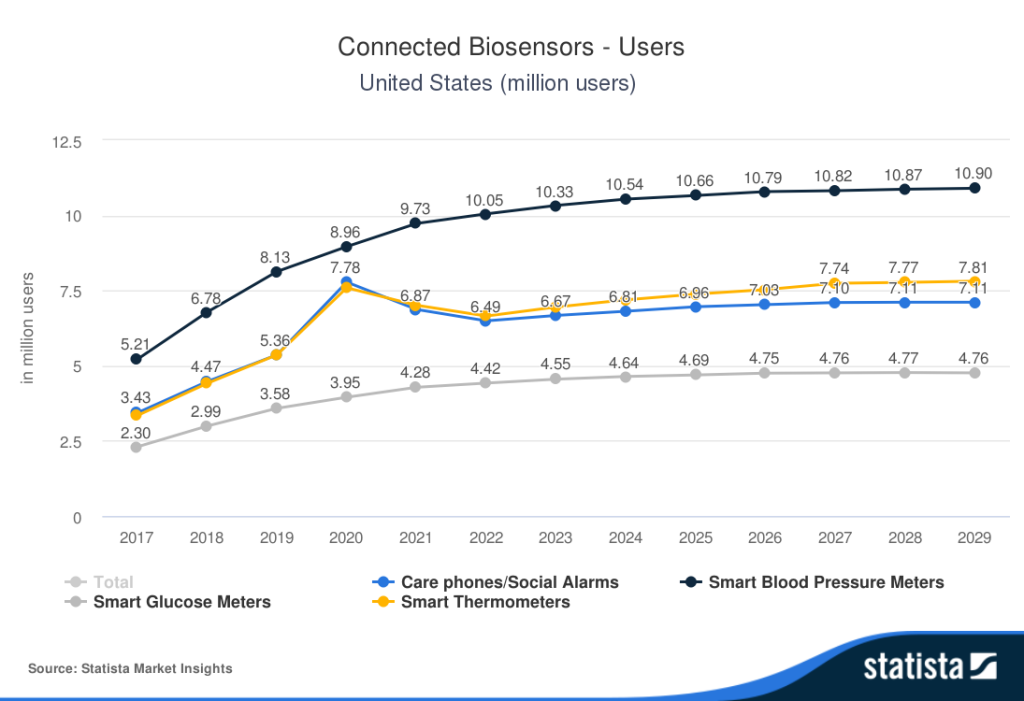
Projections suggest this number could reach $8.59 billion by 2029, growing at a CAGR of 22.86%. This growth reflects the increasing interest from various stakeholders—healthcare providers, researchers, technology companies, and patients.
How Are Digital Biomarkers Being Used?
Digital biomarkers are finding their place in various aspects of healthcare.
-
- Monitoring: We use the majority of digital biomarkers to monitor ongoing health issues. For instance, glucose monitors for diabetes management fall into this category.
- Diagnosis: Researchers are developing a few digital biomarkers to aid diagnosis, like a smartphone app that analyzes speech patterns to help identify cognitive impairments.
- Early Detection: Few digital biomarkers focus on catching health issues early. Wearables that detect irregular heart rhythms are a prime example.
- Predictive Insights: Some of the most exciting applications involve predicting health risks before symptoms appear. That could mean analyzing patterns in movement, sleep, or other factors to forecast potential health issues.
These tools are providing new ways to understand our health.
Types of Digital Biomarkers
Digital biomarkers cover a broad spectrum of health indicators.
-
- Physiological Biomarkers: Measure body functions such as heart rate, blood pressure, or temperature.
- Cognitive Biomarkers: These assess brain health and function, often through smartphone-based tests or games.
- Vocal Biomarkers: These can detect multiple conditions, from Parkinson’s disease to depression, by analyzing voice patterns and speech characteristics.
- Idiosyncratic Biomarkers: These focus on unique individual health patterns that might indicate changes in well-being.
- Other Biomarkers: This category includes emerging types of digital biomarkers that don’t fit neatly into the above categories.
Challenges Facing Digital Biomarkers
Of course, with any new technology comes challenges.
-
- Privacy and Security: Health data is sensitive. Safety experts raise legitimate concerns about storing it securely, controlling its access, and preventing its misuse.
- Accuracy: Digital biomarkers should be accurate for doctors to rely on them, requiring thorough testing and validation.
- Integration: Adding digital biomarker data to existing healthcare systems can be complex. It’s not just about the technology but also about changing how healthcare providers work.
- Regulation: Digital biomarkers must start meeting medical device regulations once they gain widespread adoption. The process can be lengthy and complex.
- User Adoption: While many people use smartphones and wearables, not everyone wants constant health monitoring. Convincing people to use these tools consistently can be difficult.
These challenges are significant, but addressing them is part of the ongoing development of digital biomarkers in healthcare.
The Upside of Digital Biomarkers
While there are hurdles to overcome, digital biomarkers could bring some real benefits to healthcare.
-
- More Information: These tools could give healthcare providers a clearer picture of how patients are doing between visits. You may notice trends in heart rate or sleep patterns over time.
- Spotting Issues Early: Sometimes, small changes can signal big problems. Digital biomarkers might help spot these changes sooner, letting you address issues before they become serious.
- Adjusting Treatments: With more data, you might be able to see how well a treatment is working and make changes if needed. It could help find the right approach for each patient more quickly.
- Getting Patients Involved: It’s natural for patients to get more involved when they can track their health data. It could lead to better conversations during appointments and maybe even better follow-through on treatment plans.
- Smoother Research: Digital biomarkers could streamline the process if you run clinical trials. More data points and fewer clinic visits could make studies quicker and simpler for everyone involved.
- Managing Costs: If you can prevent problems or avoid treatments that aren’t working, you might be able to keep costs down for your patients and practice.
Of course, you’ll need to assess how accurate these tools are and how they fit into your current workflows. However, they could be valuable additions to your medical practice.
What This Means for You?
As a healthcare provider, it offers new tools to understand and treat patients. For patients, digital biomarkers could mean more personalized care and the ability to monitor your health more closely.
At Actuvi, we’re working to make sense of this data. Our platform aims to turn the information from digital biomarkers into actionable insights for healthcare providers and researchers. Are you interested in learning more about how you can integrate digital biomarkers into your practice? We’d be happy to show you. Contact us for a demonstration of our platform.
Healthcare is continuously evolving, and digital biomarkers are an interesting new chapter. It’s an exciting time to be in healthcare, and we’re looking forward to seeing what comes next!
Book a demo with us today – https://bit.ly/3Yu7S1q

